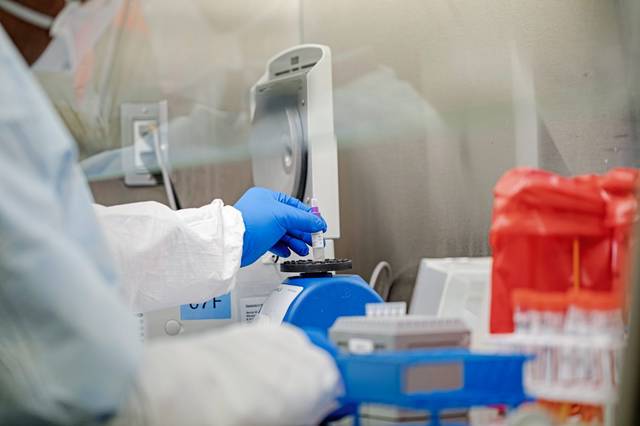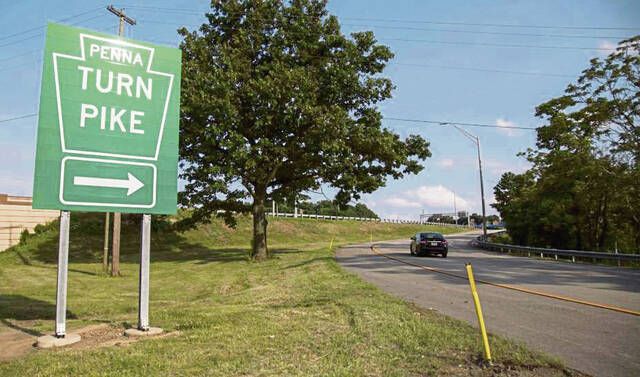Plasma from people who have recovered from the coronavirus could be a tool in helping critically ill patients recover from the virus, and the region’s two largest health care providers are working together to help facilitate those transfusions.
Vitalant, previously the Central Blood Bank, is working with UPMC and Allegheny Health Network on this plasma-transfusion pilot program, according a joint news release from the nonprofit health care giants.
Plasma from recovered patients — called convalescent plasma — contains antibodies. Because there is no vaccine or treatment for covid-19, those antibodies could give patients a boost in fighting off the potentially deadly virus.
The therapy dates to the late 1800s and early 1900s when it was used to help treat viruses such as measles and the Spanish flu.
Dr. John McDyer, UPMC’s lead investigator on the convalescent plasma trials, said he is “cautiously optimistic” about the trials taking place in Pittsburgh, which are part of a larger effort nationwide.
The Food and Drug Administration in late March made it possible for physicians to begin convalescent plasma treatments with critically ill patients on an emergency basis.
UPMC and AHN now have received clearance to try those treatments locally. Because it’s just getting underway here, McDyer said, there is no supply of convalescent plasma yet. The health care providers are actively seeking donors who meet the qualifications.
Donors must have had a test showing they had covid-19 and another test showing they are now negative, and they must have had no symptoms for at least three weeks. They must also meet all other FDA guidelines for donating plasma.
After UPMC or AHN identify an eligible donor, Vitalant steps in to collect and process the plasma.
Dr. Joseph Kiss, medical director of blood services at Vitalant, said it is exciting to see so many moving parts come together.
“At this critical moment in the pandemic, it is truly remarkable to see physicians, hospitals, laboratories, our blood bank — and the very patients who recovered — working together on this new therapy,” he said in a statement.
McDyer said UPMC has screened about a dozen potential donors, and they had appointments beginning Monday. He said he hopes to have convalescent plasma in the blood bank by the end of the week.
Dr. Tom Walsh, an infectious disease specialist at AHN, said the collaboration will help reveal just how much of an impact the therapy will have on patients.
He said convalescent plasma was used during the 2003 SARS outbreak, which is caused by a coronavirus similar to that which causes covid-19. The therapy was linked with a shorter hospital stay and reduced mortality between 7 and 23%.
The urgent need for covid-19 treatments — so far there aren’t any, and there is no vaccine — means that no clinical trials have taken place, McDyer said. But he noted positive outcomes elsewhere in the country where patients are tolerating the plasma infusion well.
“These are not large numbers of patients, but I see them as encouraging — that the therapy, once we ramp this up … we think it should be relatively well-tolerated,” he said.
Those who meet the criteria for convalescent plasma donation can reach out to UPMC or AHN directly at c2p3@upmc.edu or c2p3@ahn.org or visit vitalant.org/covidfree.








